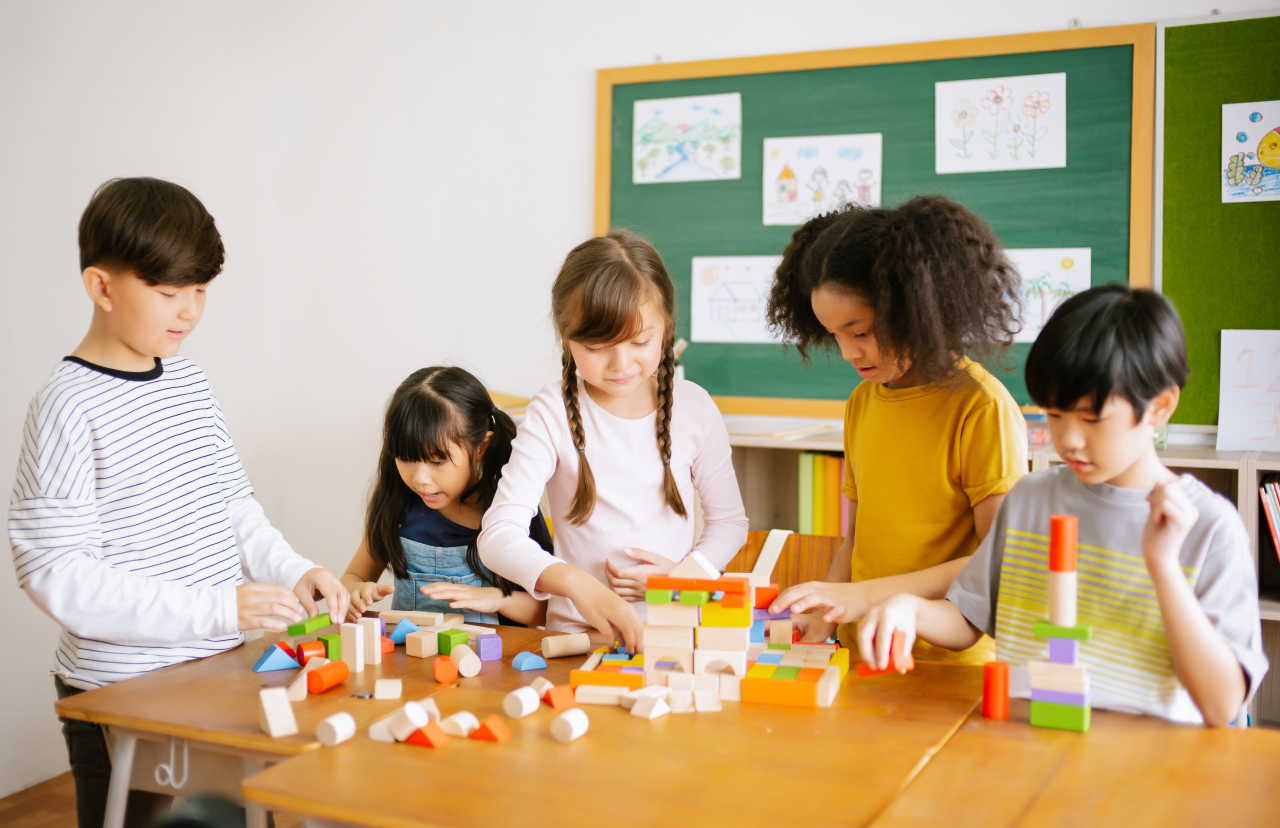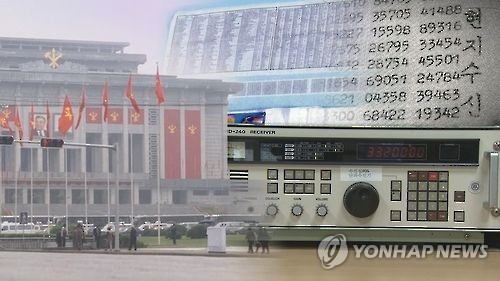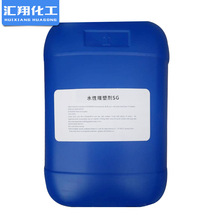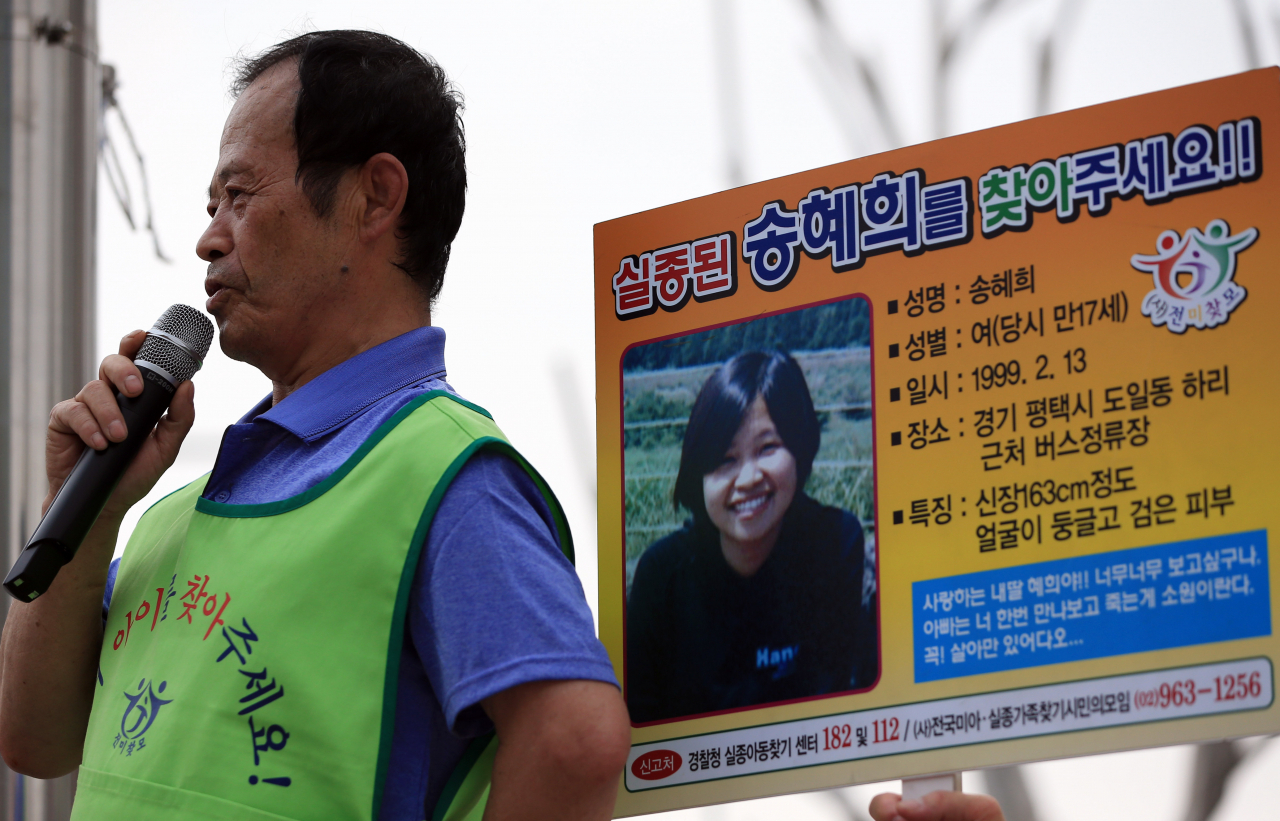NASA experiments show how astronaut’s genes changed in space
Living in space for one year can change a lot about a person, including their DNA.
For NASA astronaut Scott Kelly, his year spent living and working on the International Space Station made him more of an environmentalist and gave him a view of our planet that most people will never see in person.
But beyond those shifts in perspective, Kelly's body may have changed in other ways.
SEE ALSO:This astronaut just spent 340 days in space. Here's why it was worth it.According to preliminary data released by NASA, Kelly's genes, fine motor skills, microbiome and other aspects of his body were altered during the 340 days he spent in orbit from 2015 to 2016.
Using Kelly's data to get to Mars
Learning more about how a long trip to space affected Kelly is particularly important because NASA is aiming to send humans to Mars in the next two decades, a mission that would require astronauts to live in the weightlessness of space for several months while traveling to and from the red planet's surface.
One experiment, which was performed when Kelly and his year-in-space partner Russian cosmonaut Mikhail Kornienko got back to Earth, simulated various tasks astronauts may have to perform when they first arrive on Mars.
 Scott Kelly looks at a tablet in his quarters on the Space Station.Credit: nasa
Scott Kelly looks at a tablet in his quarters on the Space Station.Credit: nasaKelly and Kornienko appeared to have the hardest time with tasks involving "postural control and stability and muscle dexterity," according to a NASA statement. This makes sense if you think about it: The two Space Station crewmembers were living in weightlessness for nearly a year. After that, you probably wouldn't exactly have the best core strength either.
This also follows the results of another experiment, which showed that the fine motor skills of the crewmembers may be impacted by long stays in space, meaning that it's possible astronauts traveling to another world will have trouble using computers after such long trips, NASA said.
Twinning in space
The early results from NASA's twin studies -- a series of experiments designed to track how Kelly's physiology changed when compared to his twin brother, astronaut Mark Kelly -- are also starting to trickle in.
 Scott Kelly (left) with Mark Kelly.Credit: nasa
Scott Kelly (left) with Mark Kelly.Credit: nasaBy comparing biological samples collected from both brothers before, during and after Scott's flight to space, scientists should be able to figure out how Scott's body shifted while in orbit as Mark acted as a control subject on the ground.
Apparently, Scott changed quite a bit.
One study looking at the Kelly brothers' chromosomes found that Scott's telemeres -- the bits at the end of each chromosome -- lengthened while in space. Telemeres tend to shorten over the years as a person gets older, but Kelly's lengthening telemeres may have had something to do with his diet and exercise routine on the station, NASA said.
Once Kelly got back to Earth, those bits of his chromosomes shortened again.
"Interestingly, telomerase activity (the enzyme that repairs the telomeres and lengthens them) increased in both twins in November, which may be related to a significant, stressful family event happening around that time," NASA said in a statement.
According to another study focusing on Kelly's gastrointestinal tract, the ratio of two groups of bacteria shifted while Kelly was in space but returned to normal once he was back on the ground.
Scott and Mark's microbiomes were different through the course of Scott's stint on the Space Station, but that was expected, because of their differences in diet and lifestyle.
Research focusing on genome sequencing showed that Scott and Mark also have hundreds of mutations in their genomes when compared to one another, NASA said.
This genetic detective work is just beginning. The scientists conducting the study "will look closer to see if a 'space gene' could have been activated while Scott was in space," NASA added.
While none of these experiments are totally definitive, the results will go a long way toward helping NASA figure out just what astronauts will face when stretching farther out into the solar system.
Featured Video For You
Obama welcomes Scott Kelly back to Earth: 'Your Instagram feeds were amazing'
(责任编辑:新闻中心)
- ·Sinkhole swallows up car, injuring 2 in Seoul
- ·N. Korea unveils memorial stone for founder in Beijing
- ·Ruling party chief ends hunger strike, party lawmakers set to return to parliamentary audit
- ·Footage of Kim Yo
- ·“新丰味”喜获中国首届县域品牌擂台赛十大营销创新品牌
- ·NK resumes encrypted numbers broadcast after 2
- ·Facebook held back on Trump and Russia so Republicans wouldn't get angry
- ·One teenager's Super Bowl parade sign shows how absurdly fortunate Boston sports fans are
- ·Scientists detect water sloshing on Mars. There could be a lot.
- ·Ruling party chief ends hunger strike, party lawmakers set to return to parliamentary audit
- ·9 Planetariums to Get Lost in the Cosmos
- ·本周雨水较多天气较为凉爽
- ·Saenuri boycotts Assembly audit
- ·Incels.me, a major hub for hate speech and misogyny, suspended by .ME registry
- ·Military prosecutors indict intel official over leaking 'black agent' info
- ·Tech gifts that are only for rich people
- ·中小学生暑期读书热情高
- ·Signal, Snowden's favorite private messenger, is testing a video call feature
- ·Webb scientists haven't found a rocky world with air. But now they have a plan.
- ·Russian operatives apparently did not hack the midterm elections













